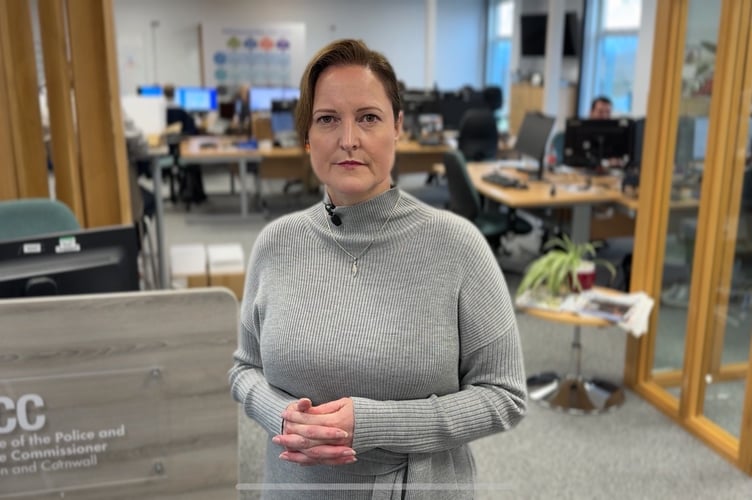The Government has announced a major overhaul of policing governance: by 2028 all elected Police and Crime Commissioners (PCCs) in England and Wales will be abolished under plans ministers say will save around £100 million during this parliament.
Under the proposals, powers currently held by PCCs — setting policing priorities, approving budgets and appointing chief constables — will shift to elected mayors or, in non-mayoral areas such as Devon and Cornwall, to council leader-led partnerships.
Ministers argue the PCC model, introduced in 2012 by the Conservative–Liberal Democrat coalition, has failed to deliver meaningful accountability. They point to low public recognition — with fewer than one in five voters able to name their PCC — and say the system has weakened local oversight. Home Secretary Shabana Mahmood called PCCs a “failed experiment”, while Policing Minister Sarah Jones said they had “weakened accountability”.
Opponents of the reforms warn that removing PCCs risks unsettling policing at a time of rising demand and staff shortages. They also fear the council-led alternative may reduce transparency and leave residents unclear about who represents them.
Against this backdrop, Alison Hernandez, PCC for Devon and Cornwall since 2016, has mounted a robust defence of the office she holds, describing the reforms as a “false economy” and dismissing the Government’s evidence base.
“The two pieces of evidence they’re using to remove this position are the weakest I’ve ever seen,” she told Tindle Newspapers, arguing that the survey on PCC recognition is five years old. She also questioned the projected savings in areas without mayors. “I simply don’t see where these savings come from. We could end up with four council leaders appointing someone on the same salary as me — but unelected.”
Hernandez pointed to what she sees as her achievements in office: financial stability, increased officer numbers and the reopening of several front desks. She also warned that residents would lose direct access to an elected figure. “People contact me every day with issues they can’t get answered elsewhere,” she said. “That link will be lost.”
Her record, however, has drawn scrutiny. PCCs are solely responsible for hiring and, when necessary, dismissing chief constables. During Hernandez’s tenure, three chief constables departed within a single year — two suspended by her. Although the force recently left special measures following performance concerns, Hernandez attributed the improvement to current Chief Constable James Vaughan and insisted the earlier issues were “operational” rather than linked to her oversight.
When asked whether the rapid turnover of chief constables reflected weaknesses in her own judgement, she instead emphasised the high professional standards expected of senior officers. Nonetheless, the pattern of appointments followed by swift departures has continued to raise questions about her effectiveness and leadership stability during her time in office.
As Devon and Cornwall faces one of the most significant governance changes in a decade, the challenge now lies in ensuring that any replacement for the PCC model delivers the clarity, accountability and public confidence that ministers have promised.


.jpeg?width=209&height=140&crop=209:145,smart&quality=75)


Comments
This article has no comments yet. Be the first to leave a comment.